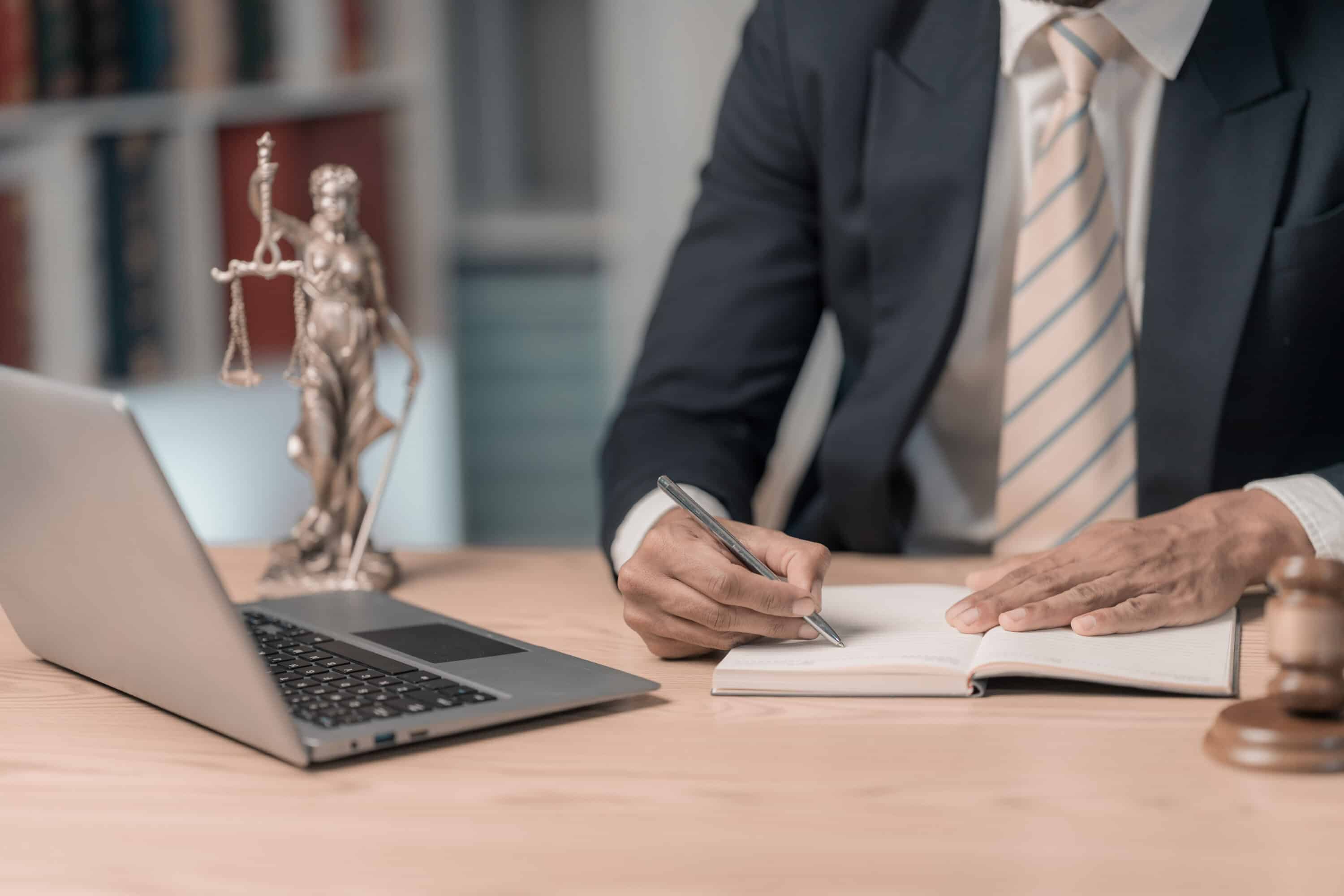Finding the right personal injury lawyer is critical after an accident. This guide covers how to research qualified attorneys, evaluate experience, ask key questions, and understand fee structures. Learn to identify red flags and choose a lawyer who maximizes your compensation while reducing stress. Discover how to find a personal injury lawyer and why it’s essential for navigating insurance claims and securing justice.
After a car crash, slip-and-fall, or dog bite, you’re left with mounting medical bills, lost income, and relentless insurance adjusters. The pressure to accept a lowball settlement grows daily, but signing away your rights could cost you thousands.
You need an advocate, but how do you find someone trustworthy? A dedicated personal injury lawyer turns the tide, fighting for your recovery while you heal. Here’s how to choose wisely.
Why You Need a Personal Injury Lawyer
The Complexities of Injury Claims
Insurance companies deploy teams to minimize payouts, employing tactics such as recorded statements or blaming pre-existing conditions. A personal injury lawyer levels the playing field, handling evidence collection, damage valuation, and negotiations with insurers or opposing counsel.
Evidence collection involves gathering and analyzing key facts from documents, such as accident reports, medical records, and witness statements. Damage valuation enables lawyers to gauge their position better when negotiating with insurers, thereby minimizing the risk of unnecessary court battles and drawn-out, expensive legal proceedings, while ensuring fair compensation by calculating both hard financial losses, such as medical costs and lost wages, and non-economic damages, including pain and suffering.
Legal Deadlines and Pitfalls
There are statutes of limitations, filing deadlines, and numerous details to consider. Every state sets its statutes of limitations (e.g., 2 years in California for most personal injury claims). Missing these forfeits your right to sue.
Importantly, if your injury involves a government entity, agency, or employee in California, you must act even faster. Claims against public entities must generally be filed within just 6 months of the incident under the California Government Claims Act.
A personal injury lawyer ensures that filings are timely and compliant, thereby avoiding fatal errors such as incomplete paperwork or missed court dates.
Qualities to Look for in a Personal Injury Lawyer
Specialized Experience
Seek lawyers focused exclusively on personal injury law – not general practitioners. Ideal candidates have handled cases similar to yours (e.g., truck accidents, medical malpractice), have trial experience (insurers take litigators more seriously), and work in your geographic area (they know local courts/judges well). Experience – and reputation – pays.
Proven Track Record
A positive track record goes a long way, proving a law firm’s capabilities while simultaneously giving you confidence in your potential pick. Look into case results and verdict histories, their overall success rate, as well as client testimonials.
Client testimonials on the law firm’s own website are a good starting point, but it’s best to rely on third-party platforms such as Google Reviews, Avvo, or Martindale-Hubbell.
How to Research Potential Lawyers
Bar Association Directories
State bar websites (e.g., the California Bar’s Attorney Search) confirm licensing status and disciplinary history. Filter for attorneys certified in civil trial law or personal injury specialties. Platforms like Avvo and Super Lawyers categorize and rate lawyers based on experience, peer endorsements, client feedback, and settlement results.
Personal Referrals and Community Insights
Ask your doctor or physical therapist after the accident, email past clients for an honest review of their experience, or ask for legal referrals among local support groups for post-accident pain or complications.
Preparing for Initial Consultations
Documents to Bring
You don’t have to prepare a binder of documents before speaking to a lawyer, but some key information, such as photos of injuries and/or property damage and an accident report, can make the initial consultation much more fruitful.
Key Questions to Ask a Personal Injury Lawyer
- How many cases like mine have you handled?
Specificity is key. Legal professionals with experience in your injury type (e.g., truck accidents or medical malpractice) are more likely to succeed. - Will you personally manage my case or delegate it?
In larger law firms, the lawyer you meet might not be the one handling your case. Know who you’ll be working with. - What is your fee structure?
Most personal injury lawyers work on contingency – meaning you only pay if you win, and the amount is a percentage of your award. - What is my case’s realistic value?
Beware of guarantees. No honest attorney can promise a result, but experienced ones will give you a reasonable range. - How long will this process take?
Understanding a realistic timeline helps set expectations around court filings, negotiations, and possible settlement delays.
Red Flags to Avoid When Choosing a Lawyer
Warning Signs in Communication
Unreturned calls/emails during the consultation phase, vague answers about strategy or case value, and pushy tactics (e.g., “Settle now or lose everything”) are absolute red flags when it comes to attorney-client communication. You need a legal professional you can trust and rely on.
Personal Injury Lawyers at OPO Law in Santa Clarita, CA
Knowing how to find a personal injury lawyer can be challenging. However, choosing the right one can transform your recovery journey from one of financial uncertainty to an empowered resolution.
By prioritizing experience, transparency, and trust, you secure more than compensation; you gain peace of mind. If you’re navigating the aftermath of an injury, act now: consult a qualified personal injury attorney at Owen, Patterson & Owen before deadlines pass or evidence fades. Your future self will thank you.
Need expert legal advice?
Don't navigate the complexities alone.

